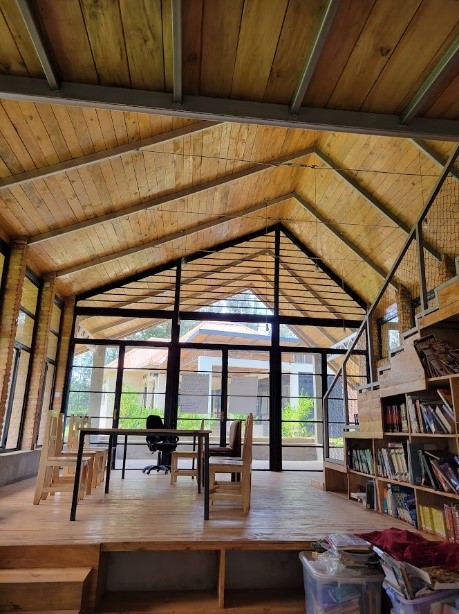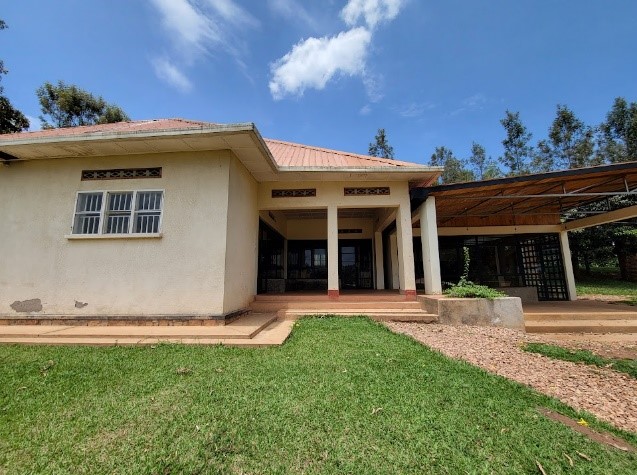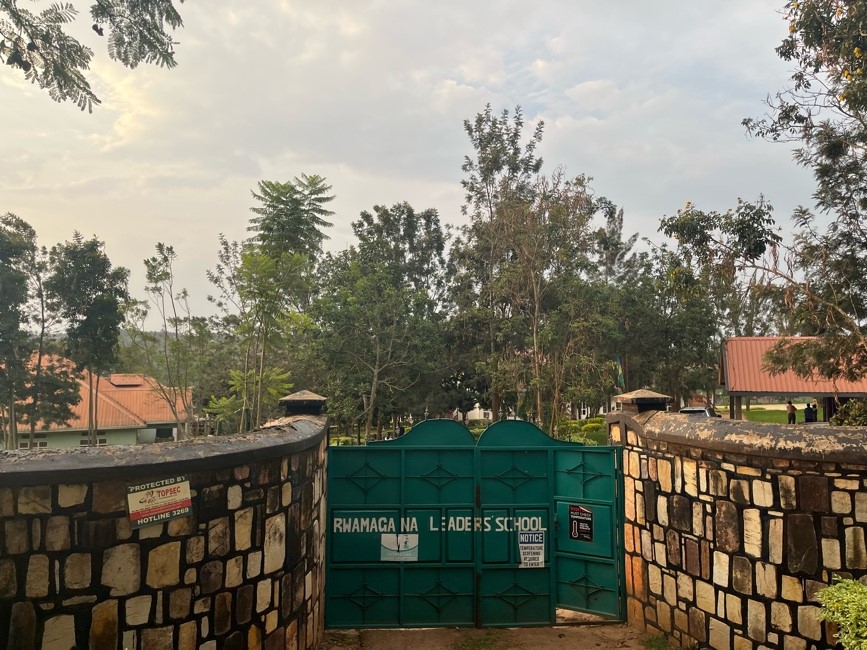
Princeton in Africa & The Rwanda School Project

“Princeton in Africa’s mission to give young leaders the opportunity to serve in Africa is a model…Working in every field from public health to conservation to conflict resolution, PiAf Fellows improve the lives of everyday Africans in tangible and significant ways.”
Bill Clinton
Former U.S. President
We would like to share with you the story of our partnership with the Rwanda School Project and the Rwamagana Leaders’ School in Rwanda. We placed our first Fellow with the Rwanda School Project in 2014, and since have placed 6 Fellows with their school in Rwamagana. Our Fellows support the Rwanda School Project’s mission to provide high-quality secondary education in Rwanda. Their organization works to develop future young leaders and problem solvers, just as PiAf is committed to leadership development on the continent.
In the 2022-23 fellowship year, we’ve placed two excellent young professionals with the Rwanda School Project: Maya McHugh and Lauryn Spinetta.
Maya is a graduate of Princeton University, Class of 2022, where she studied Civil and Environmental Engineering. She is now heavily involved in the environmental studies curriculum of the Rwamagana Leaders’ School, as she teaches an environmental studies class to the younger grade (8th-grade equivalent). She involves her students in group discussions, shows informative videos and plans lessons surrounding sustainability in Rwanda.
Lauryn is also a Princeton University graduate of the Class of 2022, where she studied Ecology and Evolutionary Biology. Lauryn is working with Rwamagana Leaders’ School students who recently graduated and want to apply to universities outside of Rwanda. She is helping them grow their digital essay-writing and typing skills in English. Lauryn and Maya have been working closely with the Computer Science teacher to make the computer lab available every day after school as a resource that students can use.



Part of the core of our mission is to have our Fellows work closely with young Africans every day. Our Fellows support African communities, individuals and organizations doing incredible work.
For nearly 24 years, Princeton in Africa has offered life-changing opportunities for young leaders. Our Fellows grow personally and professionally throughout their 12-month placements with some of the most impactful organizations on the African continent.
In 2023, we are expanding our impact. We are piloting Nexus in addition to our general Fellowship. This pilot will pair Africa Fellows educated and residents on the African continent with North America Fellows educated at U.S. accredited institutions for a co-fellow exchange of skills, knowledge, leadership, and technical expertise at some of the most impactful organizations in Africa, furthering the urgent missions of development and change on the continent. Read more about Nexus here.
Learn more about our organization here and be sure to follow us on our social media platforms.
LinkedIn | Twitter | Instagram | Facebook | Youtube
Read about our current Fellows and host organizations.
Please read more about the impact our Fellows can make over a 12-month period.
